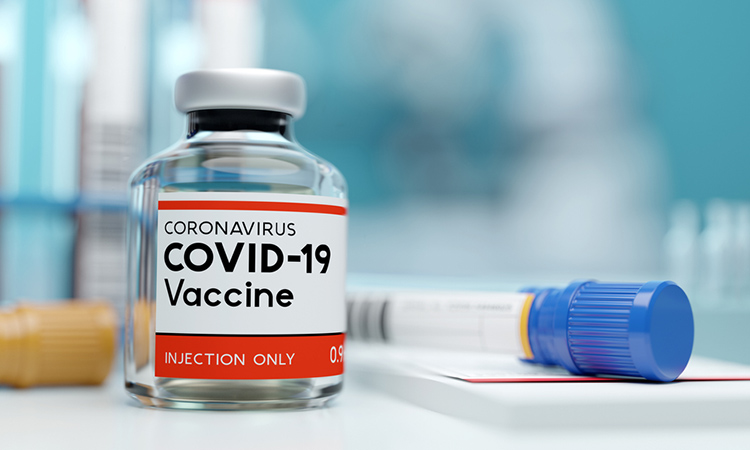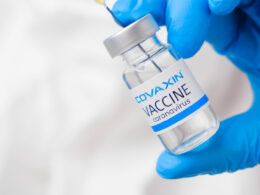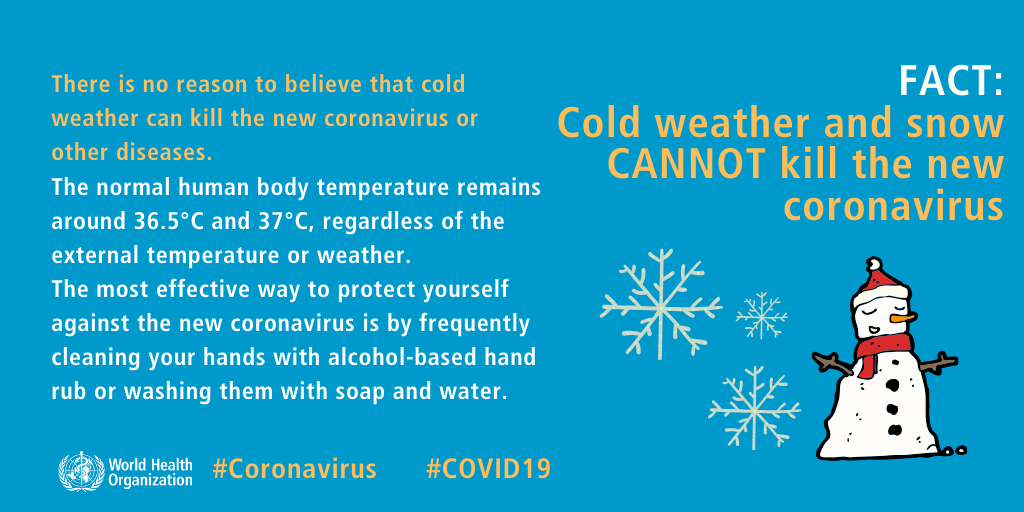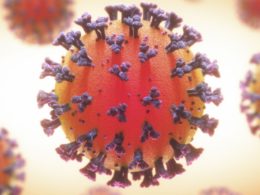Claim: The Sunday News on 25 July published a story with the headline ‘Govt studies vaccination for children’. The paper wrote that children aged between three and 17 years will soon be undergoing inoculation against Covid-19 in preparation for the reopening of schools, once studies being undertaken are satisfactory.
Here is what experts say about Covid-19 vaccination and children
Bulawayo City Council (BCC) Director of Health Services, Dr Edwin Sibanda said in the Zimbabwean context the process is going to be costly with little benefit.
“From a public health perspective, it will be costly with little benefit, most children do not suffer symptomatic diseases and in Africa they constitute a great proportion of the population, more vaccines will be required for a condition that is unlikely to make them ill, let alone die, how do you sell that,” said Dr Sibanda.
The City Health Director said the current vaccines the country has are too few, “let us achieve ‘herd’ immunity then talk about children”.
CITE also contacted the Health Desk Experts to understand the trends in other countries regarding the inoculation of children.
“In May 2021, Canada became the first country to authorize the Pfizer vaccine for emergency use among 12–15-year-old children. The Pfizer vaccine was given the green light for this population by the United States food and drug administration, EMA, Chilean Institute of Public Health, Japan Health Ministry, and Food and Drug Administration of the Philippines later that month. Throughout June 2021, Singapore, China, Israel, Dubai, and Brazil, began administering the Pfizer vaccine to children aged 12-15,” said the Health desk experts.
Read: COVID-19 vaccines for children younger than 12 years: are we ready? (The Lancet Infectious Diseases)
“Multiple health authorities, including the World Health Organization (WHO), American Academy of Pediatrics, and Centres for Disease Control and Prevention (CDC), recommend that children and teenagers receive any COVID-19 vaccine allowed for emergency use as soon as it is available to their age group,” they said.
According to WHO, children and adolescents tend to have milder disease compared to adults, so unless they are part of a group at higher risk of severe Covid-19, it is less urgent to vaccinate them than older people, those with chronic health conditions and health workers.
WHO said more evidence is needed on the use of different Covid-19 vaccines in children to be able to make general recommendations on vaccinating children against Covid-19.
Read also: COVID-19 advice for the public: Getting vaccinated (World Health Organization)
The Health desk experts said globally, the Pfizer vaccine has been deemed safe for children aged 12 years and older.
“This vaccine is administered in two doses, given 3 weeks apart. Children are considered fully vaccinated two weeks after receiving the second dose. The Pfizer vaccine can also be safely given with other childhood vaccines,” they said.
The experts said, in July, 2021, the European Medicine Agency’s (EMA) human medicines committee authorized emergency use of the Moderna vaccine, also referred to as Spikevax, in children between 12-17 years.
Also read: American Academy of Pediatrics Guidance: the COVID-19 Vaccine Is Safe, Effective and Should Be Given to All Who Are Eligible (American Academy of Pediatrics)
The Health Desk expects added that generally, children experience mild side effects similar to adults after receiving the Pfizer vaccine. These include fatigue, mild fever, muscle aches, and soreness at the injection site.
“Rare cases of myocarditis, or inflammation of the heart, have been reported to the CDC since April 2021. Confirmed cases have mostly occurred among males aged 16 years or older within three days after the second dose of an mRNA COVID-19 vaccine (Pfizer or Moderna). The rate among males aged 12-29 years was 40.6 cases per one million second doses. Among females of the same age group, it was 4.2 per one million second doses.”
“Symptoms of myocarditis include chest pain, heart palpitations, and shortness of breath. Most cases were mild and resolved quickly. No fatalities have been associated. As of July 2021, the CDC’s Advisory Committee on Immunization Practices advises that the benefits of the vaccine outweigh the risk of heart problems. The EMA’s recommendations are in alignment with the CDC’s,” said the Health Desk Experts.
Read: Children and Teens (Centers for Disease Control and Prevention)
In addition, the experts said the authorization in the European Union differs from administration.
“The schedule for rolling out the COVID-19 vaccine for this population is determined by the discretion of EU member states. For example, France has begun vaccinating children ages 12 years and older, but Spain anticipates starting to offer vaccination in mid-August.”
Even though China approved emergency use of Sinovac Biotech’s (SVA.O) Covid-19 vaccine in people aged between three and 17, WHO urged wealthy countries to donate their surplus doses to poorer countries instead.
Read: Factbox: Countries vaccinating children against COVID-19 (Reuters)
The Health Desk Experts said Covid-19 vaccines are not yet available to children under 12 years old as safety trials for this population are underway.
“Researchers are evaluating the smallest dose needed to produce an immune response. Since younger children are undergoing key stages of growth, scientists are taking additional precaution to evaluate the long-term effects of COVID-19 vaccines on development,” they said.
“Researchers anticipate that vaccines for children 6 months and older will be available by late 2021 or early 2022. Children who are unvaccinated or too young to receive the vaccine are urged to continue preventive measures, such as physical distancing, wearing a mask, and washing their hands,” said the Health Desk experts.
Background
Zimbabwean schools have been closed following the surge of Covid-19 cases during the third wave. Schools were scheduled to open for the second term on 28 June but due to the spikes of cases, learners have not resumed learning. Currently, the Medicines Control Authority of Zimbabwe authorised the use of Sinopharm and Sinovac shots from China, Russia’s Sputnik V, India’s Covaxin and the recently approved Johnson and Johnson.








